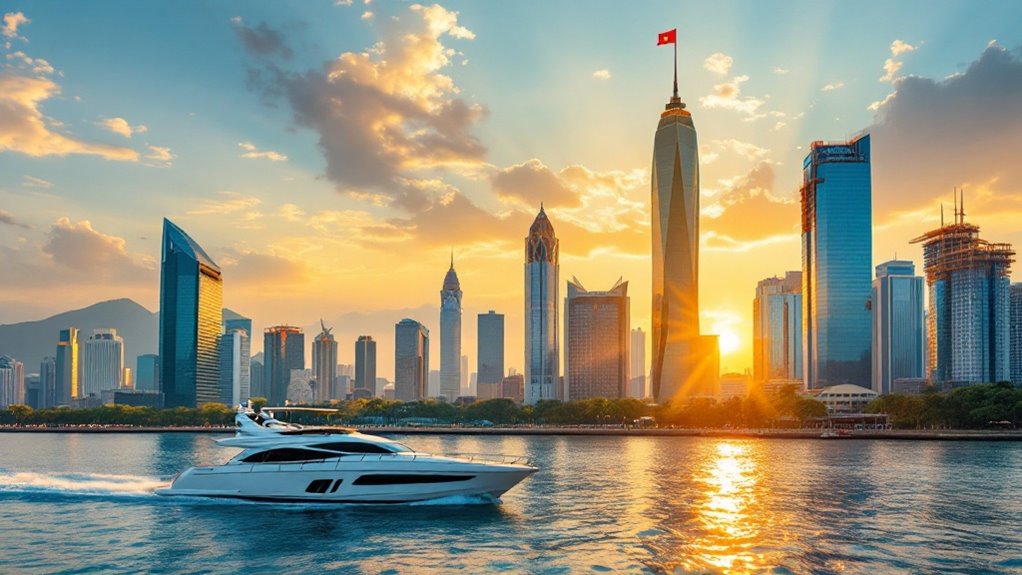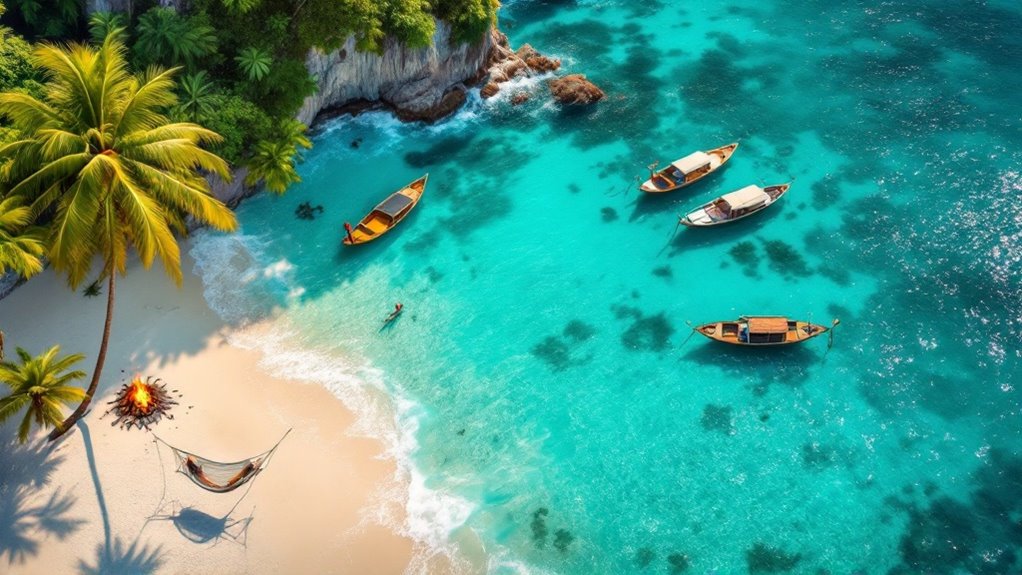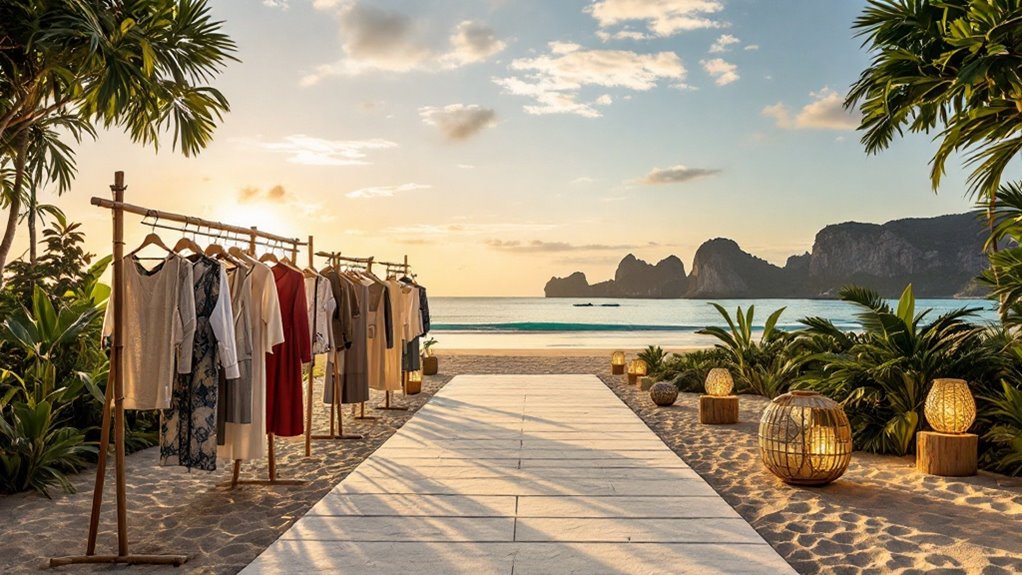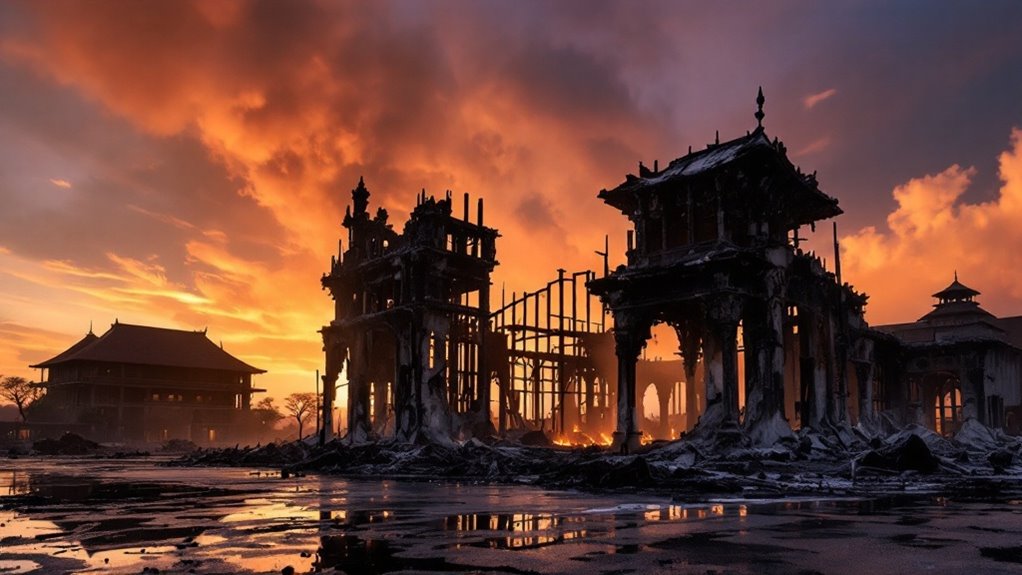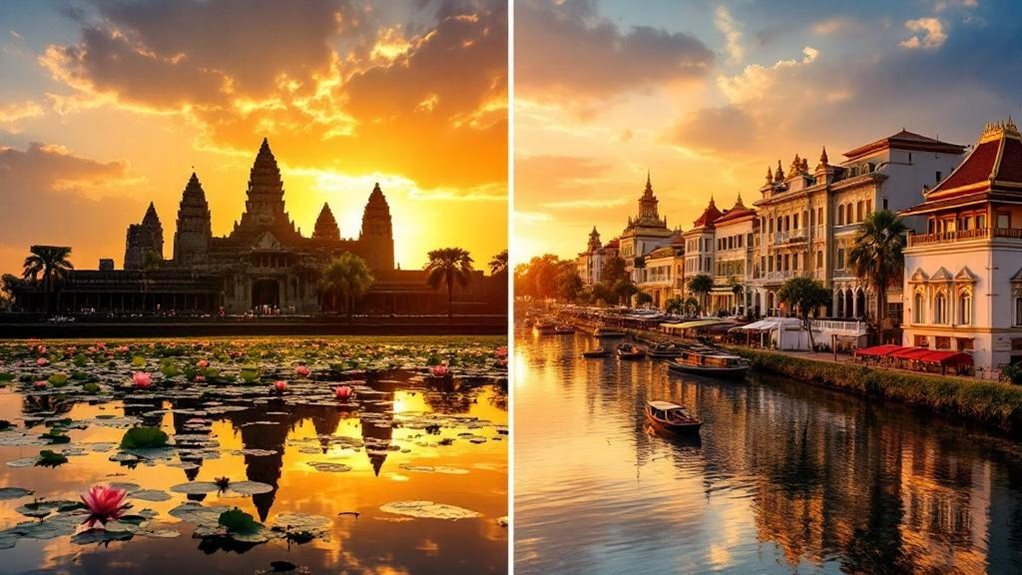Vietnam’s new 10-year Golden Visa, launched in May 2025, marks a significant shift in Southeast Asia’s investment and residency landscape. The program enables high-net-worth individuals to secure long-term residency through digital applications, emphasizing real estate, financial stability, and professional experience. This initiative is expected to boost foreign direct investment, create jobs, and attract global talent, while also presenting regulatory and real estate market challenges for the region. Further information outlines the broader regional impacts and sector-specific benefits.
In May 2025, Vietnam revealed a 10-year golden visa program designed to attract high-net-worth individuals, global talent, and long-term tourists from around the world. The initiative, launched at the start of May, offers eligible applicants a visa valid for up to a decade, with the option to extend. Vietnam’s government has structured the application process to be digital, aiming for secure and efficient submission and review.
The program specifically targets investors, professionals in technology and finance, senior leaders in manufacturing, and long-term tourists, with a focus on individuals from markets such as India and other countries seeking residency opportunities in Southeast Asia.
The policy is expected to have a notable impact on Vietnam’s economy. By encouraging foreign direct investment in sectors including real estate, luxury hotels, and hospitality, the government anticipates increased capital inflows and the creation of new employment opportunities for local residents. Vietnam presents growth potential in IT, textiles, renewable energy, and tourism infrastructure, making it especially attractive for investors and professionals looking to tap into emerging markets.
Vietnam’s golden visa aims to boost foreign investment, drive economic growth, and create new jobs in real estate and hospitality sectors.
Applicants will also benefit from streamlined visa application procedures, as the government has eliminated the need for many travelers to visit embassies and moved toward a digital-friendly, accessible system.
Investors will have opportunities to participate in the development of tourism infrastructure and urban projects, which could further stimulate economic growth. By attracting high-spending visitors and residents, Vietnam aims to maintain and strengthen its competitive position within the Southeast Asian tourism and investment landscape.
Applicants for the golden visa must meet strict requirements, including proof of financial stability, significant asset holdings or real estate ownership, and reputable professional backgrounds, especially in leadership positions in key sectors.
The process intends to be clear and efficient, with high standards for screening to reduce risks associated with money laundering or abuse of the program. Spending capacity and the ability to contribute to Vietnam’s travel and hospitality sectors are also key considerations.
Regionally, Vietnam’s golden visa positions the country as a high-end lifestyle and investment destination, potentially setting a new standard and influencing visa policies in neighboring countries. The allure of long-term residence for both tourists and investors distinguishes Vietnam from other regional competitors.
However, the program carries risks, such as potential increases in real estate prices and the need for vigilant management to maintain the integrity and effectiveness of the initiative.
